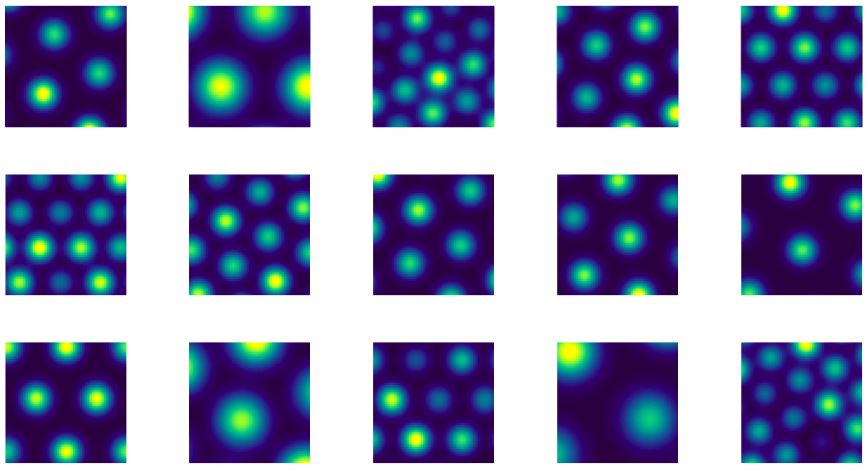One Concept, Five (four?) Audiences:
Mechanisms of hippocampal remapping
Benjamin R. Kanter
18 March 2019

Audience: A five year-old
Motivations: Want to know why they lose their toys. Wonder why Grandma forgets where she is sometimes.
Explanation: One part of your brain is very important for remembering things and for knowing where to go. It has a funny name: hippocampus. When you get really old or badly hurt your head, you could get lost a lot more than usual. Scientists study mice because they get lost too, but the scientists can also look at their brains and try to understand why this happens. If the mice help us learn how we find our way around, we can try to help people who get lost a lot.
Audience: College student studying your field
Motivations: Want to understand basic cognitive functions. General interest in neural mechanisms of memory.
Explanation: The hippocampus contains neurons called place cells that are highly active only when an animal is in a particular place, and these cells are thought to support spatial memory. When entering a new environment, place cells remap by picking new places to represent, but we don't know how these places are selected. Using genetically modified mice, researchers are now able to alter activity of specific types of neurons that project to place cells and measure how they respond. We've learned that multiple types of neurons provide input to place cells and we're currently studying how they interact to elicit remapping.
Audience: Grad student in your field
Motivations: Want to understand how spatial information from cortical inputs to the hippocampus leads to the generation of place fields.
Explanation: Convergent input from grid cells is thought produce hippocampal place fields. Under conditions that cause global remapping, however, grid cells don't always appear to drastically change. Recent evidence shows that each grid cell firing field has a unique firing rate which can change independently, a type of spatial coding previously unrecognized. Grid cells are therefore an incredibly rich source of spatial information for place cells.
Audience: PhD in your field
Motivations: Want to know how various types of contextual change alter hippocampal representations. Do different forms of remapping require distinct mechanisms?
Explanation: Theoretical models of the grid-to-place cell transformation generally assume that grid modules shift independently to elicit orthogonal hippocampal representations. The only experimental evidence of functional independence is during environmental rescaling, which does not cause global remapping, but a simple stretching/compression of place fields. More recent evidence shows that information is contained within individual grid field firing rates, and that changing those rates causes global remapping, even if grid field locations do not change. Hippocampal remapping may have multiple underlying mechanisms unique to each type of environmental change. Future work needs to address the conditions under which grid modules behave independently.